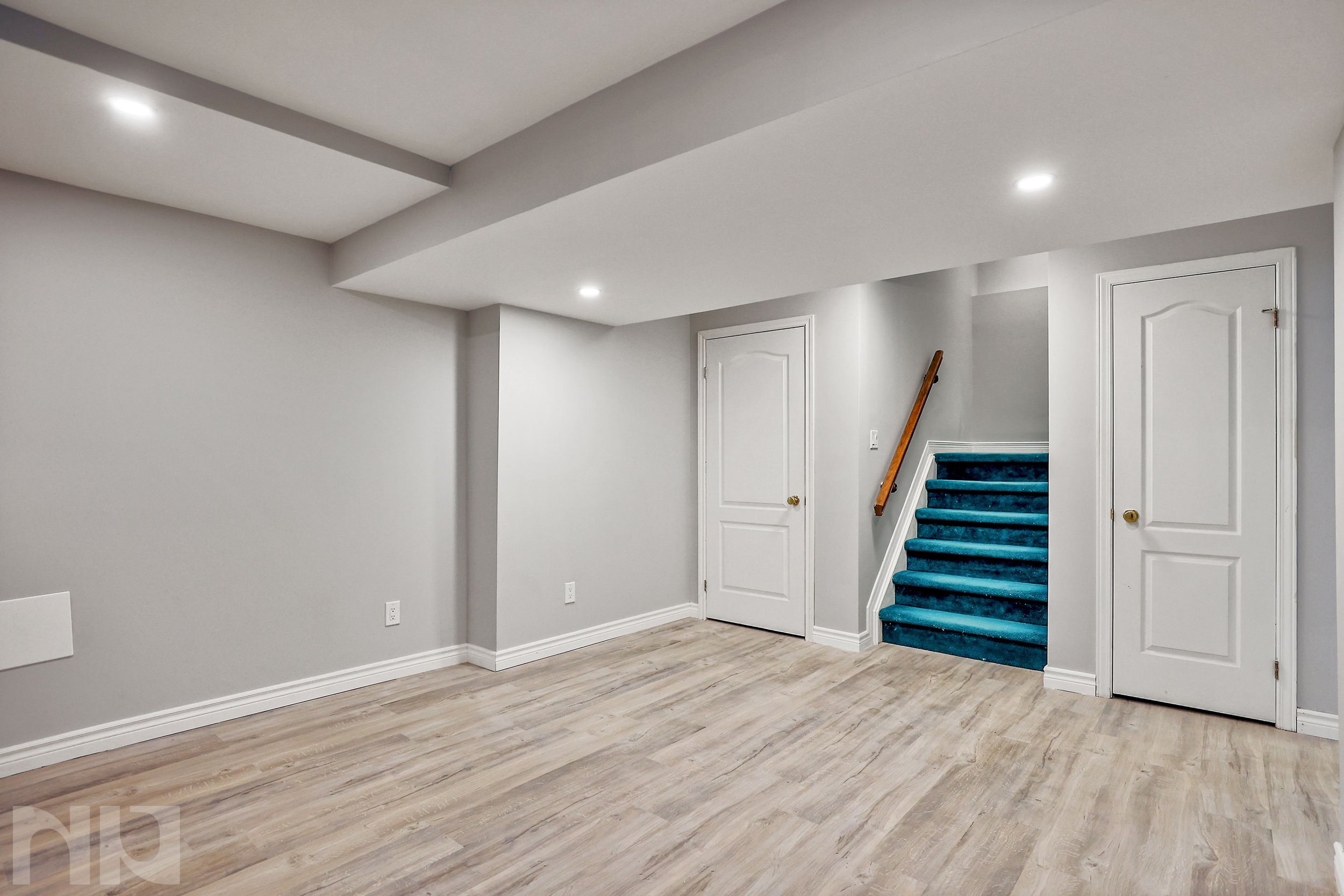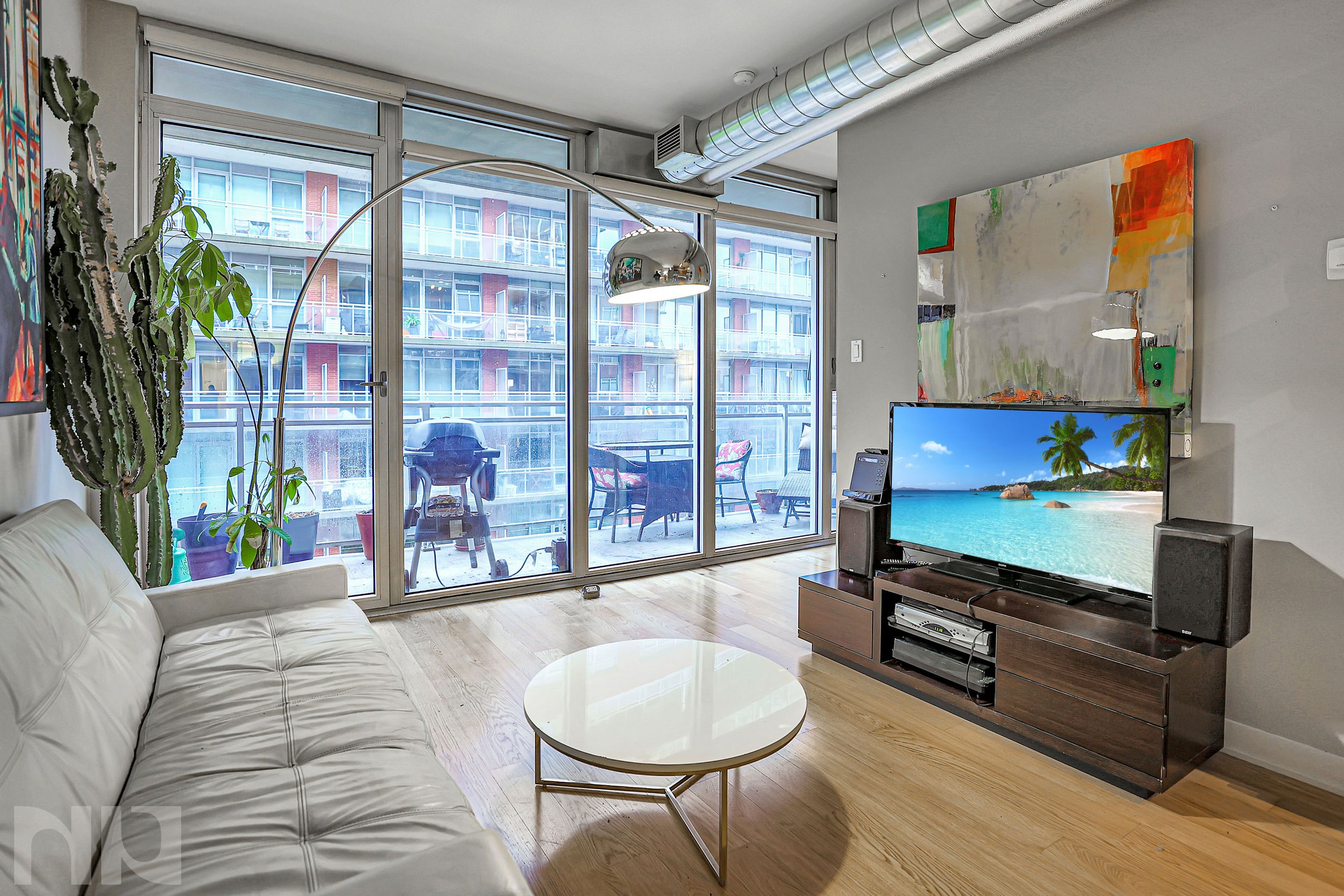Renting Out Your Basement in Ottawa: Legalities and Income Potential in 2024
Renting out your basement in Ottawa can be a lucrative way to generate additional income, but it’s crucial to understand the specific legal requirements and potential income implications. Here’s a comprehensive guide based on the most recent laws and news in Ottawa for 2024 to help you navigate this process effectively.
Legal Considerations
1. Check Local Zoning Laws
In Ottawa, zoning laws dictate where rental units are permissible. Before renting out your basement, verify that your property is zoned for secondary suites. You can check your zoning by visiting the City of Ottawa’s zoning maps or contacting the city’s zoning office.
2. Obtain Necessary Permits
Ottawa requires specific permits for creating a legal rental unit in your basement:
Building Permit: Required for any construction or significant renovation work to ensure it meets the Ontario Building Code.
Occupancy Permit: Ensures the basement meets all residential standards and is safe for habitation.
Rental License: While not mandatory for all types of rentals, it's advisable to check if your situation requires a license under new municipal guidelines.
Failing to obtain these permits can result in fines and orders to cease renting.
3. Compliance with Building Codes
Your basement must meet the Ontario Building Code and Ottawa’s specific requirements to be legally rented out. Key requirements include:
Egress Windows: Must be large enough to allow escape in case of an emergency.
Ceiling Height: Minimum of 6 feet 5 inches.
Insulation and Ventilation: Adequate insulation and proper ventilation to meet health and safety standards.
Fire Safety: Smoke detectors, carbon monoxide detectors, and possibly a separate exit are mandatory.
4. Health and Safety Standards
Regular inspections might be required to ensure compliance with health and safety standards, including:
Mould and Mildew Control: Proper moisture control to prevent growth.
Plumbing and Electrical Systems: Up-to-date and functioning correctly.
Heating and Cooling: Adequate and safe heating and cooling systems.
Financial Considerations
1. Calculate Potential Income
Determine the potential rental income based on current market rates for basement apartments in Ottawa. Check local listings and consult with real estate professionals if necessary. As of 2024, the average rent for a basement suite in Ottawa ranges from $1,200 to $1,800 per month, depending on location and amenities.
2. Expenses to Consider
Before renting out your basement, factor in these expenses:
Renovation Costs: Bringing the basement up to code.
Utility Costs: Decide whether utilities will be included in the rent.
Property Taxes: Increased property value might lead to higher taxes.
Insurance: Additional rental property insurance may be required.
3. Set a Competitive Rent
Set a rent amount that is competitive yet profitable. Research similar rental units in Ottawa to determine a fair market rate.
Legal Agreements
1. Draft a Lease Agreement
A comprehensive lease agreement is crucial. It should cover:
Rent Amount and Due Date: Clear terms on payment.
Security Deposit: Amount and conditions for return.
Maintenance Responsibilities: Who is responsible for what.
House Rules: Guidelines on noise, use of shared spaces, etc.
Termination Clause: Conditions under which the lease can be terminated.
Consider consulting a lawyer to ensure your lease complies with Ontario’s Residential Tenancies Act.
2. Tenant Screening
Screen tenants carefully to ensure they will respect your property and the lease terms. This might include:
Credit Checks: To assess financial reliability.
Background Checks: For safety and security.
References: From previous landlords or employers.
Income Tax Implications
1. Report Rental Income
Rental income must be reported on your tax return. Keep detailed records of all income and expenses related to the rental. In Canada, rental income is reported on Form T776, Statement of Real Estate Rentals.
2. Deductible Expenses
You may be able to deduct certain expenses, such as:
Repairs and Maintenance: Costs for upkeep and repairs.
Utilities: If you pay them.
Depreciation: On the rental portion of your property.
Insurance and Property Taxes: Proportionate to the rental area.
Renting out your basement in Ottawa in 2024 can be a lucrative venture if done correctly. Ensure you comply with all local laws and regulations, properly prepare your basement, and carefully manage your rental process. By following these steps, you can maximize your income potential while providing a safe and legal rental unit. Happy renting!































